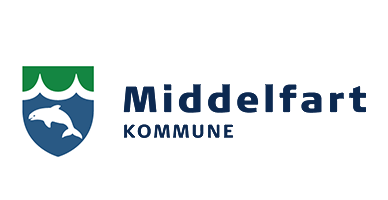We must speed up the green transition.
Citizen-produced energy is virtually always a renewable source, yet the owner barely profits from this ownership. The existing energy provision is protecting the consumer but also hampering the energy transition. Consumers can hardly respond to price signals. In MEMO/16/3961 the EC states: “All consumers across the EU will be entitled to generate electricity for either their own consumption, store it, share it, consume it or to sell it back to the market. These changes will make it easier for households and businesses to become more involved in the energy system, to better control their energy consumption and respond to price signals.”
To do this another degree of organization is required, to enable the consumer to actually access the energy market. Currently, consumers encounter significant challenges (governance, technical, legal, financial). We see opportunities to organize direct access to the market in engaging with existing civil society structures, such as schools, sports clubs and business parks.
Through these we can engage with citizens that are already jointly organized, but not yet on the topic of energy transition. The end-results of the project include mapping of all existing challenges, developing prosumer propositions for overcoming or managing challenges, applying propositions and connecting existing civil society structures in living labs, and a transnational toolkit for engaging with existing civil society structures to empower them in the energy transition.
Our approach follows 5 focus-points:
- Analysis of the specific governance/regulatory/social/technical challenges for setting up local energy communities in different settings across the NSR to increase insight and understanding (WP2)
- Development of optimal methodologies per region, focused upon the governance/regulatory/technical situation of that region (WP3)
- Testing of the methodologies in 7 living labs in different NSR countries with, on average, 2000 households per pilot project (WP4)
- Development of a transnational toolkit in the form of an online platform that showcases all arrangements and possibilities for other interested local authorities (WP5)
- Dissemination of our project results (WP6): To other local authorities through Back to Back meetings with local and regional stakeholders. During these meetings, which will be held after our project team meetings, the project partnership will advise on a citizen energy empowerment topic which is most relevant for that region and to the broader North Sea Region.
Partners are from: Belgium, UK, Netherlands and Denmark

